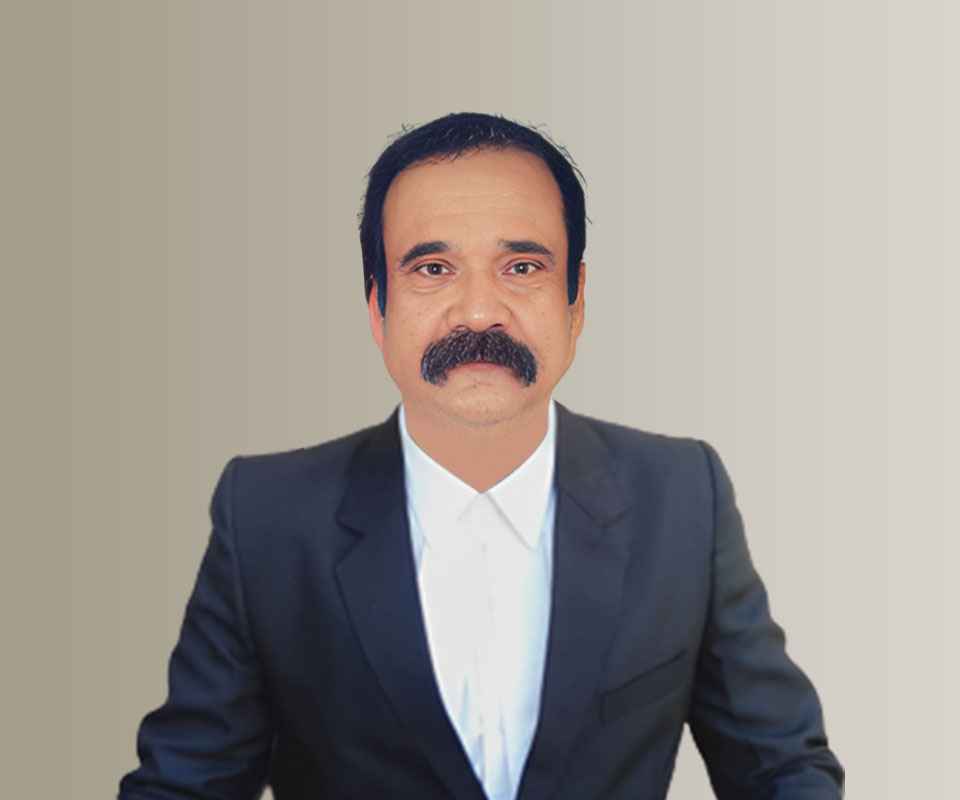Answer By law4u team
Bhartiya Sakshya Adhiniyam, 2023 - Section 121: Estoppel
When one person has, by his declaration, act or omission, intentionally caused or permitted another person to believe a thing to be true and to act upon such belief, neither he nor his representative shall be allowed, in any suit or proceeding between himself and such person or his representative, to deny the truth of that thing.
Illustration:
A intentionally and falsely leads B to believe that certain land belongs to A, and thereby induces B to buy and pay for it. The land afterwards becomes the property of A, and A seeks to set aside the sale on the ground that, at the time of the sale, he had no title. He must not be allowed to prove his want of title.
Brief Detail
This section addresses the principle of estoppel, which prevents a person from denying the truth of a statement or fact that they have previously asserted or allowed another to believe. If someone intentionally causes another to rely on a false belief and that person acts upon it, the original declarant cannot later contradict that belief in legal proceedings.
Question & Answers
Q1: What does Section 121 of the Bhartiya Sakshya Adhiniyam, 2023 cover?
A1: It covers the principle of estoppel, preventing a person from denying a fact that they have led another to believe.
Q2: What must a person do to invoke estoppel?
A2: A person must have intentionally caused another to believe in a fact and acted upon that belief.
Q3: Can a person who is estopped use the defense of lack of title in court?
A3: No, if they have led another to believe they had a title and the other party acted on that belief, they cannot later deny the title.
Q4: What is an example of estoppel in this context?
A4: If A misleads B into believing that A owns a piece of land, sells it to B, and then later claims he had no title to the land, A cannot deny his ownership in court.
Example
1. Case Example: A misrepresents ownership of a car, allowing B to believe they are buying it. After the sale, A cannot claim they did not own the car if B seeks legal recourse.
2. Legal Application: If a person allows another to invest based on a false declaration about their assets, they cannot later deny those assets in a dispute.
Summary
Section 121 of the Bhartiya Sakshya Adhiniyam, 2023 establishes the legal principle of estoppel, which prevents a person from contradicting a previous assertion that led another to act on that belief. This section is designed to uphold fairness and prevent injustices resulting from misleading declarations, ensuring that individuals cannot benefit from their own misrepresentations.







